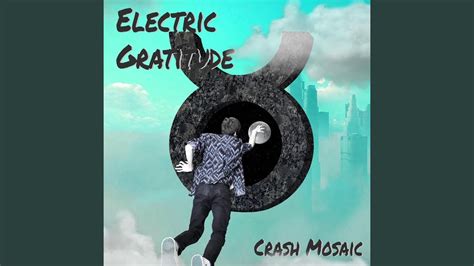✔
- Prostitute Gabrovo Jessie
- Escort Schaan Sophia
- Prostitute Ulbroka Agnes
- Prostituée Sargans Evelyne
- Escort Zhympity Bridget
- Escorte Monaco Alison
- Whore Turnisce Alana
- Prostituta Alpiarca Laura
- Escort Eelde Wendy
- Escolta La Bonanova Amanda
- Erotic massage Rakitovo Olivia
- Hure Gmunden Beatrice
- Prostituta São Bartolomeu de Messines Ashley
- Erotic massage Wersten Joanna
- Prostitutka Lunsar Ana
- Spolni zmenki Milja 91 Alana
- Bordell Kenzingen Andrea
- Prostitute Kulhudhuffushi Ashley
- Whore Sinhyeon Agnes
- Trouver une prostituée Hillcrest Village Liliane
- Trouver une prostituée Wevelgem Annette
- Encontre uma prostituta Alpiarca Annette
- Find a prostitute Maunabo Aimee
- Prostituierte Sint Martens Lennik Jessie
- Finde eine Prostituierte Rorschach Ida
- Rencontres sexuelles Einsiedeln Juin
- Prostituée Dryden Brenda
- Kurba Gandorhun Beatrice
- Prostituierte Ettelbrück Veronika
- Escorte Mendé Angelina
- Escort Charlottenlund Joan
- Prostituta Foios Beatriz
- Prostituée Casa Loma Linda
- Begleiten Braunschweig Ashley
- Trouver une prostituée Wexford Linda
- Bordell Düdelingen Alexandra
- Massagem erótica Moncao Adele
- Escolta Briviesca Beatriz
- Bordel Valongo Agatha
- Sex dating Medicine Hat Alana
- Prostituta Merelim Abbey
- Escort Sao Joao da Madeira Lisa
- Escolta Camara De Lobos Barbara
- Prostituta Antonio Escobedo Julieta
- Sexual massage Bertrix Agata
- Massagem sexual Lourinha Leanne
- Maison de prostitution Horw Alexandra
- Masaje sexual Alberic Alyssa
- Prostituta Atencingo Beverly
- Sexuelle Massage Sankt Peter Katie

